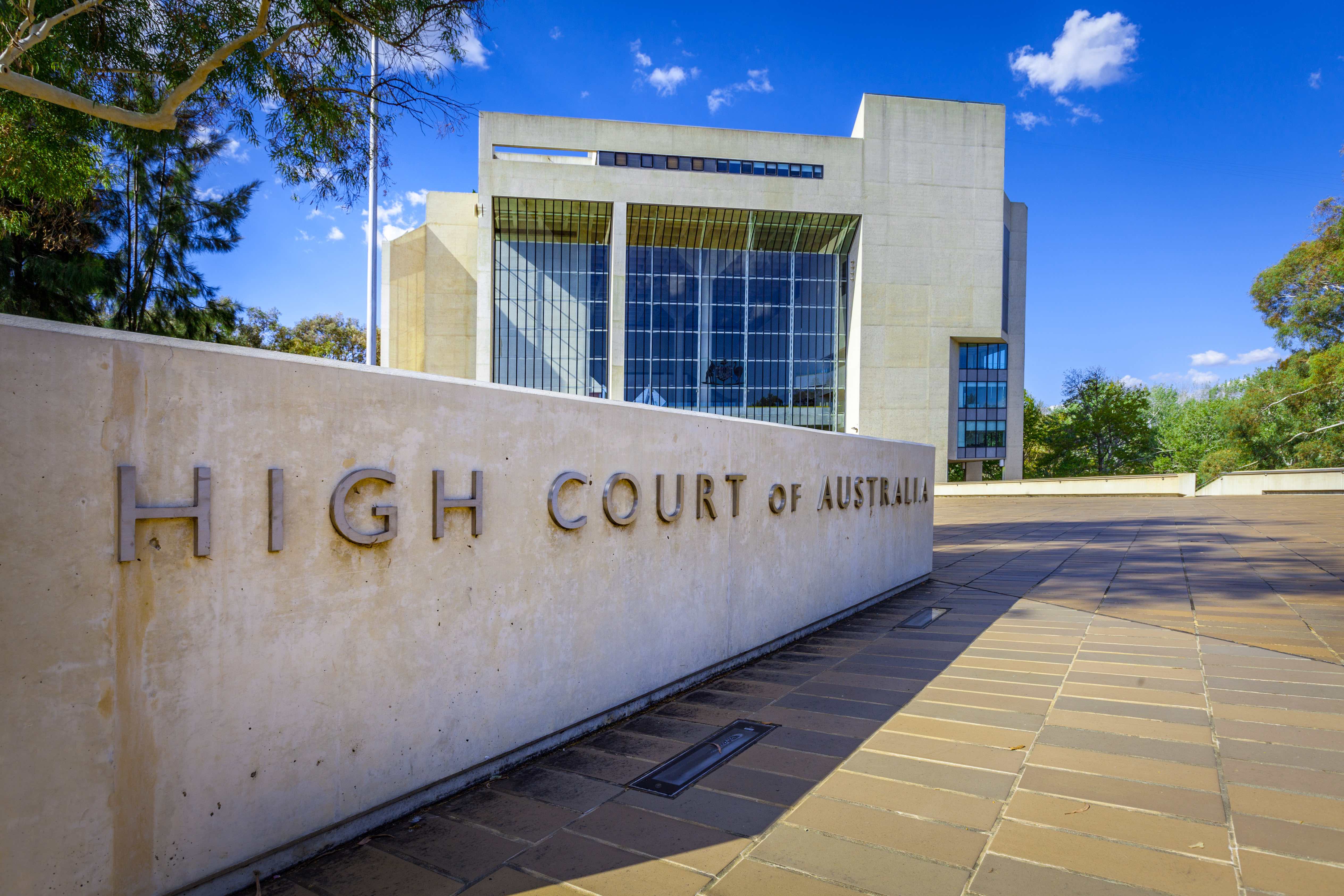High Court. Should the hypothetical, fair-minded lay observer be attributed with knowledge "that barristers are professional members of an independent Bar who do not identify with the client; that judges are usually appointed from the senior ranks of the Bar; and that it may be expected they will have personal or professional associations with many counsel appearing before them"?
The facts concerning a claim of apprehended bias were described by the High Court (HCA) as follows:
7 On 8 May 2018, the husband's [i.e. appellant] solicitor wrote to the barrister who had appeared for the wife [i.e. the respondent] before the trial judge raising with her "gossip" that while the trial judge was seised of the Charisteas matter, the barrister and the judge had engaged outside of court in a manner inconsistent with her obligations and those of the judge. The letter asked the barrister to provide written assurance that "during the time the former Judge was seised of the [Charisteas] matter, [she] had no contact with him outside of court"; and if she could not provide that assurance, she was asked to "outline the circumstances of [her] dealings with him".
8 Two weeks later, the barrister responded stating that she had met with the judge for a drink or coffee on approximately four occasions between 22 March 2016 and 12 February 2018; had spoken with the judge by telephone on five occasions between January 2017 and August 2017; had exchanged "numerous" text messages with the judge between 20 June 2016 and 15 September 2017 (except for a brief hiatus during the evidence stage of the trial); and had exchanged "occasional" text messages with the judge from 15 September 2017 until 12 February 2018. The barrister concluded by stating that the "communications" with the trial judge did not concern "the substance of the ... case". The husband filed an amended notice of appeal adding grounds alleging apprehension of bias.
Some of the questions to the HCA were as follows:
Question 1: Can it be said that "a fair‑minded lay observer, understanding that ordinary and most basic of judicial practice, would reasonably apprehend that the trial judge might not bring an impartial mind to the resolution of the questions his Honour was required to decide"?
Question 2: Can it be said that "there is a logical and direct connection between the communications and the feared departure from the trial judge deciding the case on its merits", in that "the trial judge's impartiality might have been compromised by something said in the course of the communications with the wife's barrister, or by some aspect of the personal relationship exemplified by the communications"?
Question 3: Does the period of time within which it is necessary for a judge to avoid communication with a party, its legal representatives or witnesses include a period before the commencement of the trial?
Question 4: Can it be said that "the apprehension of bias principle is so important to perceptions of independence and impartiality "that even the appearance of departure from it is prohibited lest the integrity of the judicial system be undermined""?
Question 5: Is a prediction by the court "involved in deciding whether a judge might not bring an impartial mind to bear"?
Question 6: Can it be said that "no question as to the understanding or motivation of the particular judge arises"?
Question 7: Should the hypothetical, fair-minded lay observer be attributed with knowledge "that barristers are professional members of an independent Bar who do not identify with the client; that judges are usually appointed from the senior ranks of the Bar; and that it may be expected they will have personal or professional associations with many counsel appearing before them"?
The HCA answered those questions as follows:
The remainder of this article is only available to Case Law and Platinum subscribers.
Read our Terms & Conditions and upgrade below:
Monthly Subscriptions
Annual Subscriptions
Where GST applies, the above amounts are inclusive of GST.
Content Types
Basic Content includes basic news, some media articles and selected announcements.
Premium Content includes all our content, except for Case Law Content. In other words, it includes Basic Content, plus all our articles on legislative and policy changes, industry updates and the Migration Legislation Tracker.
Case Law Content includes Basic Content, plus case law summaries, analysis and extract, but does not include Premium Content.
Platinum Content includes Basic Content, plus Premium Content, plus Case Law Content. In other words, it includes ALL our content.
If you already have a Case Law or Platinum subscription, click on 'Login' below.










